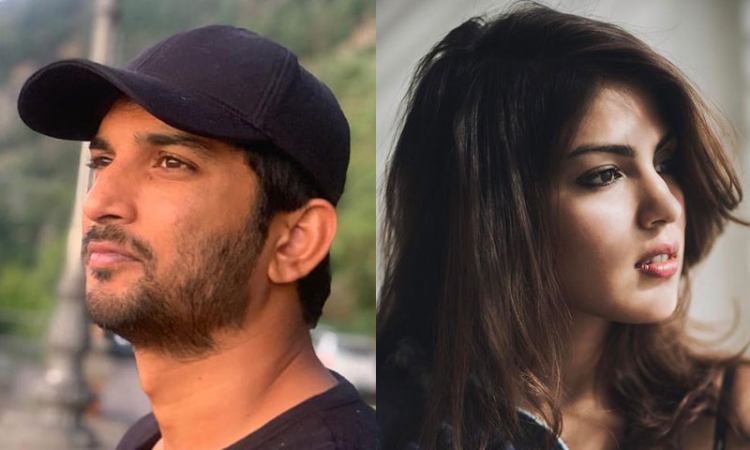'We Do Not Seek To Justify Media Trials', Centre Tells Bombay HC In SSR Case
Nitish Kashyap
14 Oct 2020 8:42 PM IST

Next Story
14 Oct 2020 8:42 PM IST
While appearing before the Bombay High Court on behalf of the Union of India in the PILs seeking to control "media trial" in the Sushant Singh Rajput death case by certain news channels, Additional Solicitor General Anil Singh submitted that Courts have been very clear in condemning media trials and Centre does not seek to justify media trials and accepts the legal position.A division bench...
